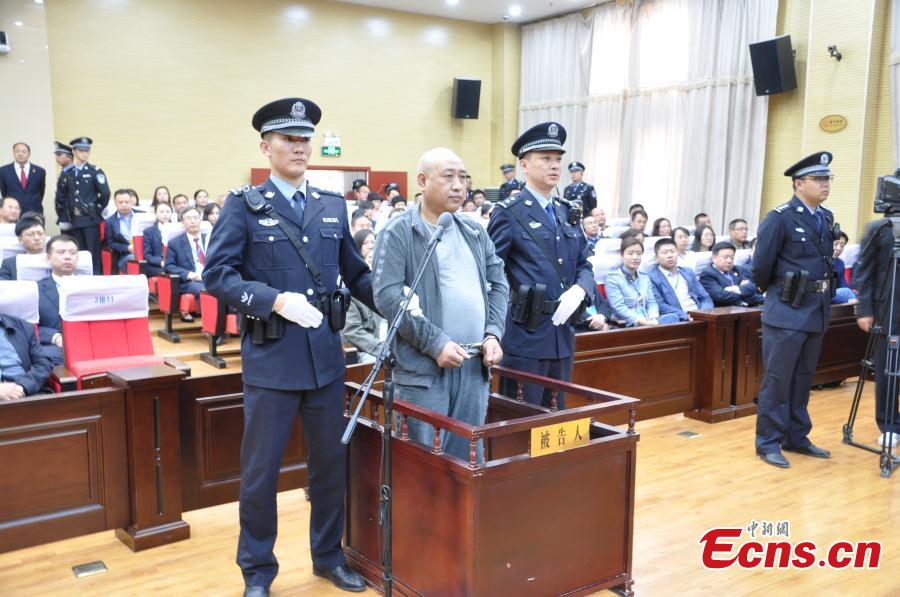If you want to know which social media platforms Chinese youths like now, you better not miss short videos.
"As for Douyin, a short video application, 85 percent of its users are aged under 24, and the main influencer users are born after 1995, and even 2000," said a person in charge of the app, in an interview with China Youth Daily.
On popular short video apps, including Douyin and Kuaishou, users can upload short videos, the content of which ranges from cooking and physical exercise to dancing and gatherings, and share them with other users.
A 12-year-old user named Xiaoqianyu has up to 2.6 million followers on Douyin. The girl, who's enjoyed dancing since she was in kindergarten, has uploaded videos showing her learning jazz dance and finger dance since last July. One of the videos won her about one million fans, and she has become famous as a result.
"Besides recording the movements, I can add relevant music to the video, so it is easy and fun to shoot the videos," said Xiaoqianyu, who enjoys sharing happiness with strangers by shooting the short videos.
Another user, named Xiaozhou, is a 22-year-old undergraduate majoring in English. Xiaozhou prefers Kuaishou to Douyin.
"Most netizens think the rural life showcased on Kuaishou is low. Instead, I think those videos give rural people a voice," said Xiaozhou, whose hometown is a village in Bozhou city, East China's Anhui province.
"The short videos in different genres and content cater to different users' tastes while undoubtedly bringing happiness to their daily routine life," Xiaozhou said.
Some users rely on the short videos to get second-hand information.
"Because I can't spend many hours watching a long video or a program, I prefer to get some information from the short videos that showcase the essence of a concert or the must-see parts of a TV drama," said Wang Zhihao, a student at Anhui Medical University.
However, some young Chinese feel bored with some short videos.
"Killing time is the main reason for me to watch the short videos, but I really don't like the videos whose content is weird and exaggerated," said a 21-year-old student at Anhui Foreign Language University.
Wen Dandan, who studies at Fuzhou University, doesn't understand her classmates who are obsessed with short videos.
"I don't want to download an app just for watching short videos. Moreover, many dances in the videos are almost the same, which are boring," Wen said.
Gong Lili, born in 1998, hasn't downloaded a short video app, though her friends have several times suggested she do so.
"I think those videos are too entertaining to be real. People can smile and cry as they wish on those videos; as for me, it is too emotional to be real and it can only bring the viewers temporary pleasure," said Gong, who also suspects that some videos are just made to attract viewers.
To be understood and acknowledged by others is the reason behind the fast development of short videos.
"Growing up in an era of material affluence, people born after 1995 pay more attention to pursuing individual interests and novel things. And short videos encourage users to show individuality and funny things. So the youths create short videos to share with others and invite them to understand and recognize what they think is funny and novel," said Li Yazhang, a PhD student majoring in Science and Technology of Communication and Policy at the University of Science and Technology of China.
After watching the videos, some users buy the products suggested in the videos. But they should think twice.
"Buying the products introduced in the videos can easily make the users compare themselves to others unrealistically, and this needs our attention. Recently some short videos reportedly sold fake products, so the users have to think more before buying them," said Wang Yunfei, associate professor at the School of Sociology and Political Science at Anhui University.


















































